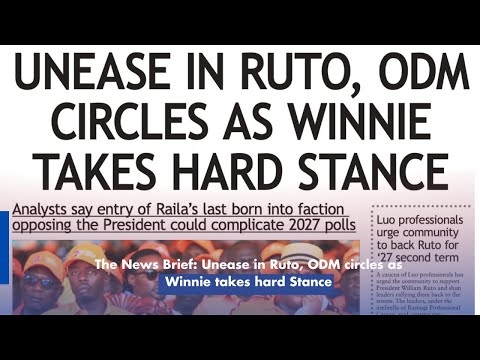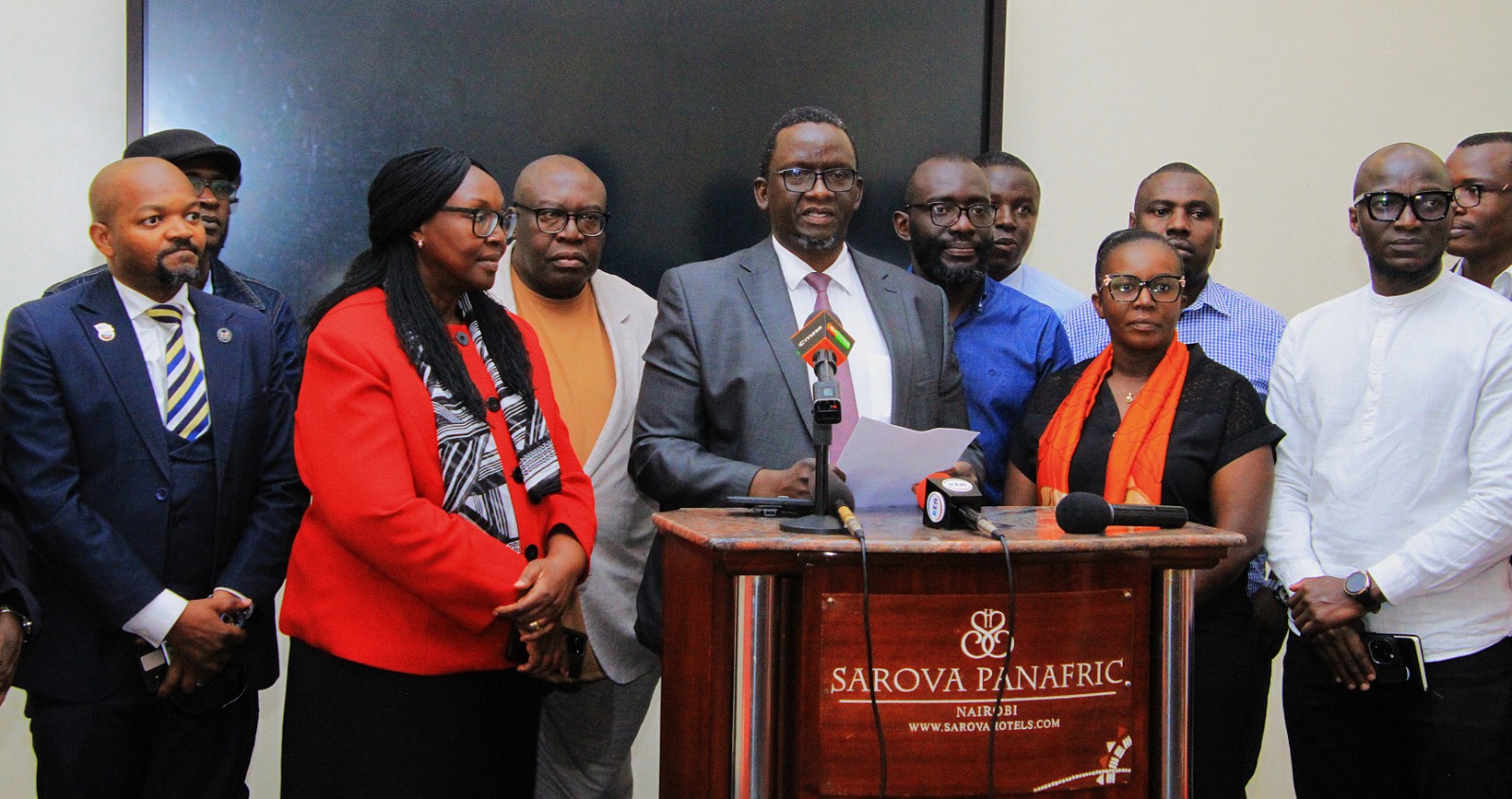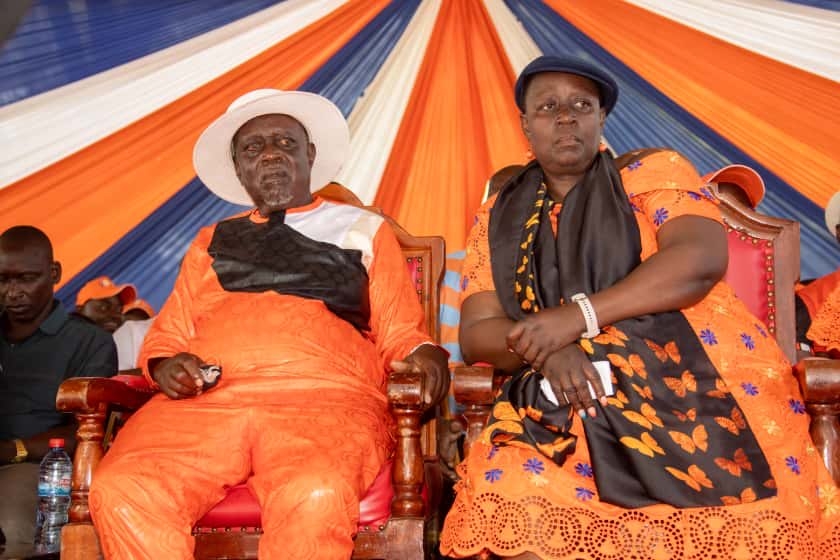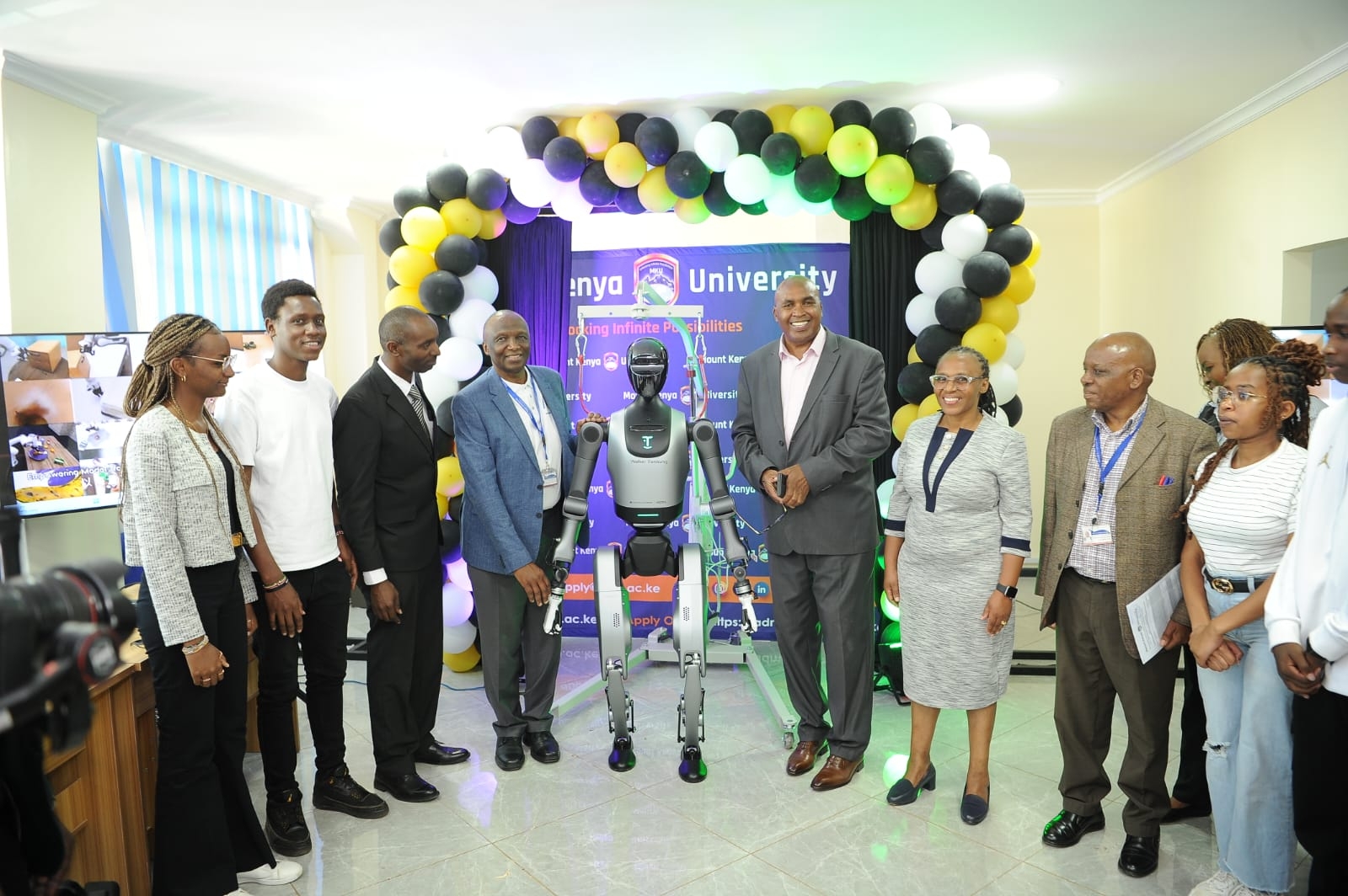Efforts to prevent massive donkey theft in Narok and Bomet counties have gone a notch higher after officials from the two counties resolved to collaborate to fight the vice.
The officials led by their County Commissioners Kipkech Lotiatia (Narok) and Omar Ahmed (Bomet) met at Narok commissioner’s boardroom where they resolved to put in place a multi-agency team that will ensure the animals are protected.
The team will comprise of officers drawn from the veterinary department, public health, National Police Service, National Government Administration Officers (NGAO) and Farming System Kenya.
The officers will hold meetings and strategise on how to protect domestic animals.
Lotiatia said the multi-agency team will help to enforce the law on animal protection and ensure the meat consumed by the public is approved by the Department of Public Health.
He urged the team to create routine impromptu visits to butcheries in the two counties and verify whether the meat being sold to the public is recommended.
“Those found selling meat in substandard places or meat that is not recommended by the public health department should be arrested and prosecuted immediately.
"This is the only way we will ensure that the public is consuming the right meat,” he said.
He warned residents against slaughtering and eating meat from dead or sickly animals as this could cause diseases and deaths to the members of the public.
Commissioner Ahmed reiterated the need for the two counties to work as a team for the good of the people who live in the border counties.
He told members of the public to report to area police anyone attempting to slaughter a dead animal for consumption, for action to be taken early enough.
He said the multi-agency team will help contain incidents of donkey theft in the two counties.
Programme officer Farming System Kenya (FSK) Samuel Chege confirmed massive transportation of donkeys that could not clearly be accounted for.
He reiterated a recent incident where his organisation seized 68 donkeys that were being transported from Mulot area towards Narok town with transporters who did not have a permit.
Chege said the population of donkeys in the county is dwindling as many reports were being given by farmers about the disappearance of their animals.
“During the 2019 census, the population of donkeys in Narok was approximately 800, 000. This number has reduced because donkeys are disappearing,” he said.
Yegon Kibet of FSK said bush slaughter is dangerous as it exposes residents to zoonotic diseases like anthrax and rabies.
Kibet called on residents to report donkey disappearance and slaughter to the authorities to protect the animals from becoming extinct.
Narok Peace Committee chairman Joseph Ole Kireu commended the collaboration between the two counties saying it will enhance animal protection.














